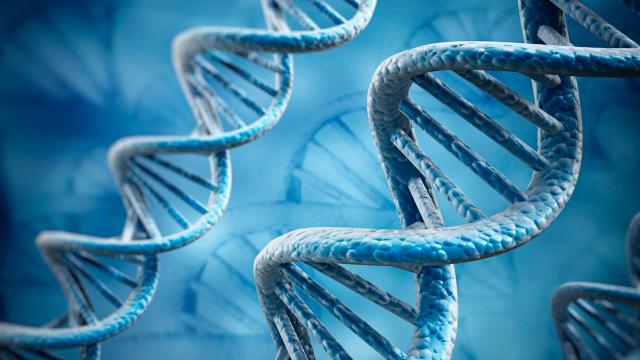Scientists have used CRISPR–Cas9 gene editing to see how the OCT4 gene affects early human embryo development, by “turning it off”.
They think this gene helps the fertilised egg decide which cells will go on to form a fetus, and which will form parts of the placenta and yolk sac.
Testing on human zygotes (fertilised eggs) donated as surplus from infertility treatment, the researchers used CRISPR to turn the OCT4 gene off, stopping the zygote progressing to the next stage of development.
This is the first time CRISPR techniques have been used to study how human embryos develop, and the researchers say their study shows how it can be useful.
OCT4 is a gene that is thought to be required for reprogramming in human cells, but whose function in early human embryos is poorly understood.
Kathy Niakan and colleagues showed that OCT4 is required early in human development, and that when suppressed, development is compromised.
Niakan says this study could eventually lead to improvements in the development and therapeutic use of stem cells and in IVF treatment.
[Nature]
